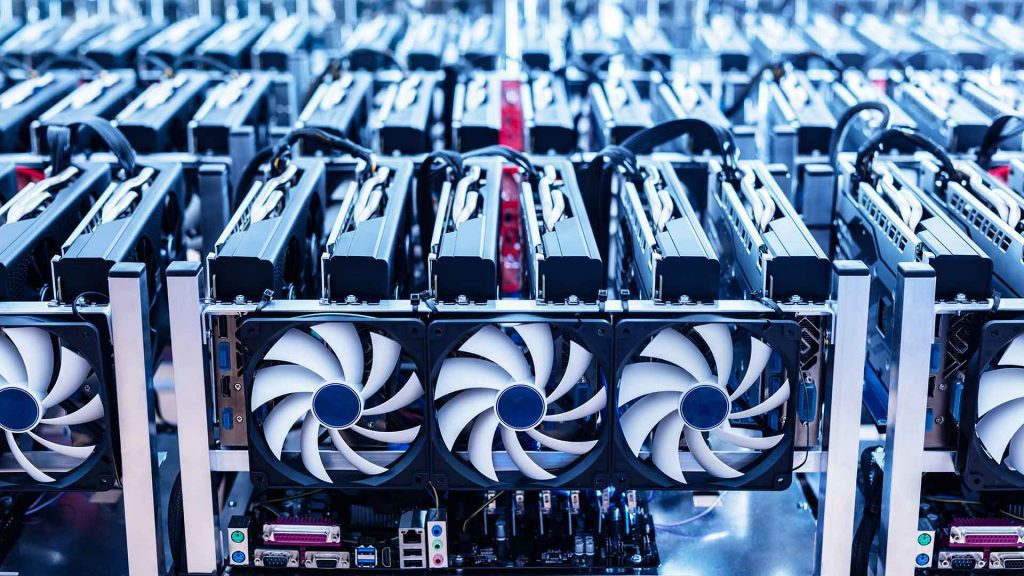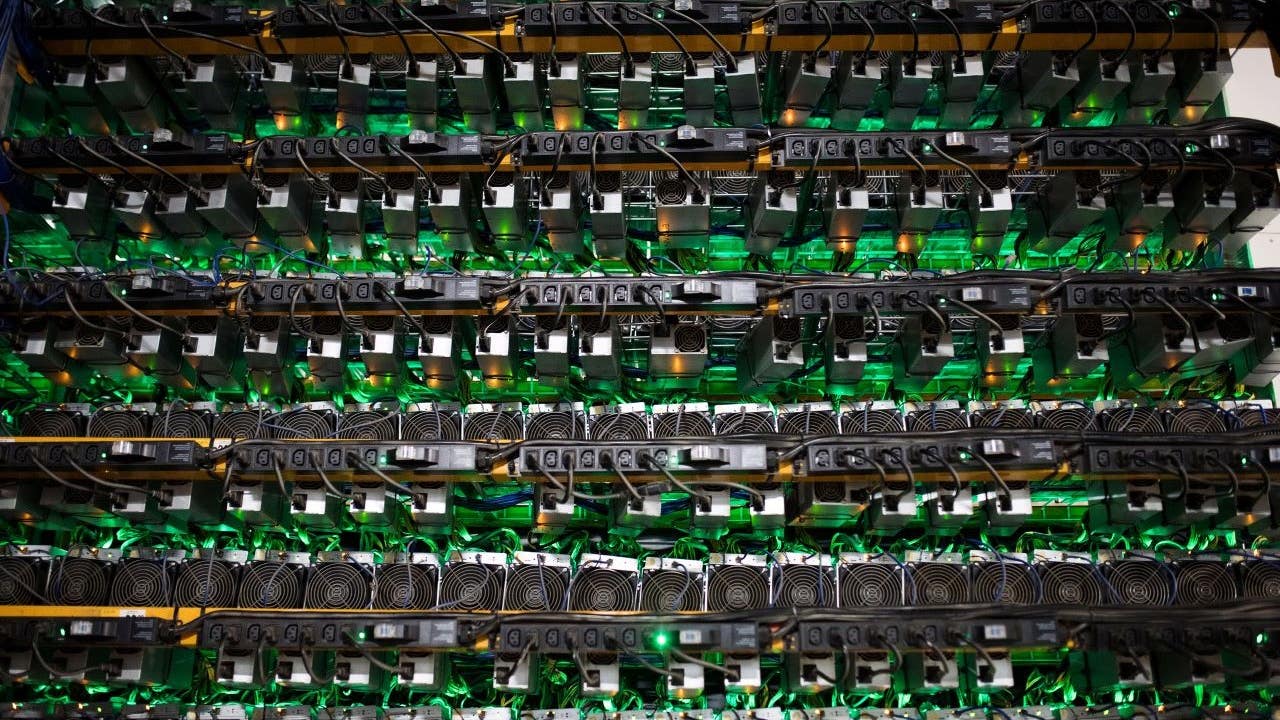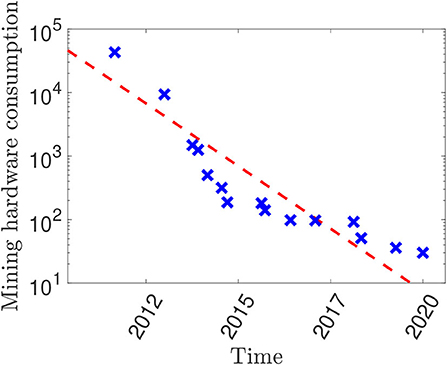Introduction to Bitcoin Mining and Digital Currencies
Bitcoin mining is the process by which new bitcoins are created and transactions are verified and added to the blockchain, a public ledger of all bitcoin transactions.
Understanding the Concept of Bitcoin Mining
Miners use powerful computers to solve complex mathematical problems that validate transactions and secure the network. In return for their efforts, miners are rewarded with newly minted bitcoins. This decentralized process ensures the integrity and security of the bitcoin system, as no single entity has control over it.
An Overview of Digital Currencies
Digital currencies, also known as cryptocurrencies, are virtual or digital forms of money that use cryptography for security. They operate independently of central banks and governments, relying on blockchain technology for transparency and decentralization. Bitcoin was the first and most well-known digital currency, but there are now thousands of cryptocurrencies with various features and use cases. These digital currencies offer benefits such as faster and cheaper transactions, increased financial inclusivity, and potential for innovation in various industries. However, they also come with risks and challenges, including price volatility and regulatory uncertainties.

Basics of Bitcoin Mining
How Does Bitcoin Mining Work?
Bitcoin mining is a process that involves solving complex mathematical problems using powerful computers to create new bitcoins and verify transactions. Miners compete to solve these problems, and the first one to find a solution adds a new block of transactions to the blockchain, the public ledger for bitcoin. This process requires significant computational power and energy consumption.
The Role of Miners in the Bitcoin Network
Miners play a crucial role in the Bitcoin network. They not only validate transactions but also ensure the security and integrity of the system. Through their mining efforts, miners help prevent double-spending and maintain the decentralized nature of Bitcoin by verifying transactions without the need for a central authority. In return for their work, miners are rewarded with newly minted bitcoins, providing an incentive to participate in the mining process.
Overall, Bitcoin mining is the backbone of the cryptocurrency, ensuring the transparency, security, and reliability of the digital currency system.

Bitcoin Mining Hardware and Software
When it comes to Bitcoin mining, having the right hardware and software is crucial for success. Here, we will discuss the important aspects to consider when choosing mining hardware and the essential software needed for Bitcoin mining.
Choosing the Right Mining Hardware
Mining hardware plays a vital role in the efficiency and profitability of Bitcoin mining. Miners rely on specialized equipment, known as ASIC (Application-Specific Integrated Circuit) miners, to solve complex mathematical problems and compete for Bitcoin rewards. It is important to choose hardware that offers high hash rates, energy efficiency, and reliable performance. Popular options include Bitmain's Antminer series and MicroBT's Whatsminer series.
Essential Software for Bitcoin Mining
In addition to hardware, miners also need software to connect their mining hardware to the Bitcoin network. The software handles tasks such as mining protocol and allocating computational resources. Some popular mining software options include CGMiner, BFGMiner, and EasyMiner. These programs provide user-friendly interfaces and allow miners to monitor their mining operations, adjust mining settings, and track their earnings.
It's important to note that mining Bitcoin requires a significant investment in hardware and electricity costs. Therefore, it's essential to carefully consider the hardware and software options to maximize profitability and ensure a smooth mining experience.

The Economics of Bitcoin Mining
Costs and Expenses of Bitcoin Mining
Bitcoin mining is not only a technical process but also an economic endeavor. Miners incur several costs and expenses throughout the mining process. The primary expenses include:
Hardware Costs: As mentioned earlier, miners need specialized equipment (ASIC miners) to solve complex mathematical problems. These machines can be quite expensive, and miners must consider the initial investment in hardware.
Electricity Costs: Bitcoin mining requires a significant amount of computational power, which translates to high electricity consumption. Miners need to factor in the cost of electricity to ensure profitability.
Maintenance Costs: Mining hardware requires regular maintenance and replacement of parts. These costs can add up over time and should be considered in the overall expenses.
Operational Costs: Miners also incur operational costs such as cooling systems, internet connectivity, and facility rent if they choose to mine in dedicated locations.
Factors Affecting Bitcoin Mining Profitability
Several factors influence the profitability of Bitcoin mining:
Bitcoin Price: The price of Bitcoin directly impacts mining profitability. When the price is high, miners earn more rewards for each block they mine. However, a decline in price can reduce profitability.
Difficulty Level: Bitcoin's mining difficulty adjusts every 2016 blocks to maintain a constant block-production rate. Higher difficulty levels require more computational power, resulting in increased expenses for miners.
Hash Rate: The hash rate measures the computational power dedicated to mining. Miners with higher hash rates have a better chance of solving the mathematical problems and earning rewards.
Energy Efficiency: Miners should choose hardware that balances high hash rates with energy efficiency. Energy-efficient hardware reduces electricity costs and improves profitability.
By carefully managing costs, staying updated with industry trends, and maximizing efficiency, miners can navigate the economics of Bitcoin mining and achieve profitability in this rapidly evolving digital currency landscape.
Environmental Impact of Bitcoin Mining
Bitcoin mining has garnered attention not only for its economic aspects but also for its environmental impact. The process of mining requires a significant amount of computational power, leading to a substantial consumption of electricity. This energy consumption has raised concerns about the carbon footprint and environmental sustainability of Bitcoin mining.
According to some estimates, the energy consumption of the Bitcoin network is comparable to that of entire countries. This high energy demand mainly comes from the specialized hardware used for mining, which requires a considerable amount of electricity to function efficiently.
The carbon footprint of Bitcoin mining has also become a topic of discussion. As most electricity is generated from fossil fuels, the energy-intensive mining process contributes to greenhouse gas emissions and exacerbates climate change.
Sustainable Practices in Bitcoin Mining
Efforts are being made to address the environmental concerns associated with Bitcoin mining. Some miners are transitioning to renewable energy sources to power their mining operations. Renewable energy, such as solar or wind power, not only reduces the carbon footprint but also offers a more sustainable solution for the long term.
Additionally, advancements in technology are being made to improve the energy efficiency of mining hardware. Energy-efficient ASIC (Application-Specific Integrated Circuit) miners are being developed to lower electricity consumption while still maintaining high computational power.
Furthermore, some organizations are exploring innovative mining methods, such as using excess heat generated during the mining process for heating purposes or integrating mining operations with other renewable energy projects.
By adopting these sustainable practices, the Bitcoin mining industry can mitigate its environmental impact and contribute to a greener future. It is crucial for miners and stakeholders to prioritize energy-efficient solutions and explore renewable energy options to ensure the long-term sustainability of digital currencies.


Comments
Post a Comment